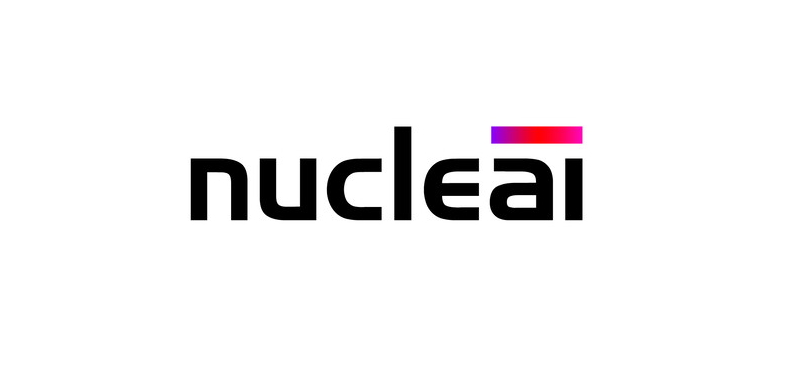AI startup Nucleai has immuno-oncology treatment failures in its sights

Israeli company Nucleai is putting artificial intelligence to work to discover why so many cancer patients don’t respond to immunotherapies, with the help of Swiss drugmaker Debiopharm.
The Tel Aviv-based startup is drawing on expertise garnered by Nucleai’s co-founder and chief executive – Avi Veidman – from his former role deploying AI for Israel’s military.
The same machine vision and learning approaches that military has used to glean intelligence about potential targets from geospatial data and satellite and high-altitude images are now being deployed in the fight against cancer, says the company.
Debiopharm led the $6.5 million first-round fundraising for Nucleai, which adds to $5 million raised earlier from other investors including Vertex Ventures and Grove Ventures, and could increase in the coming weeks as it is not fully closed.
First formed in 2017, Nucleai has now come out of stealth mode with the aim of finding biomarkers that will be able to predict which patients will respond to immuno-oncology treatments.
At the moment, these drugs are only effective in 20% to 30% of cases, according to the biotech, and working out which patients will get a benefit could make sure they are only used in those likely to respond, which could save healthcare systems money.
Nucleai says its platform involves modelling the spatial characteristics of both the tumour and the patient’s immune system, using computer vision and machine learning methods. The approach allows it to create “unique signatures that are predictive of patient response,” it adds.
Researchers from the biotech presented some insights into its “precision oncology” platform in a poster presentation at this year’s virtual ASCO congress.
They studied slide images from more than 900 primary breast cancer patients, scanning the images using an automated system for the presence of immune cells and other features, and looking for patterns that could predict how long a patient would go before their disease progressed.
Localised clusters of tumour-infiltrating lymphocytes and having more lymphocytes in the stroma (the margin between malignant and healthy tissues) than in the tumour itself seemed to be associated with a longer progression-free interval (PFI) and potentially could help guide treatment decisions.
According to Veidman, Debiopharm’s involvement brings “decades of pharmaceutical expertise which will assist in accelerating our development and market reach.”
The Swiss drugmaker is already an established player in cancer with drugs like Eloxatin (oxaliplatin) and Decapeptyl (triptorelin), and is developing a pipeline of cancer immunotherapies headed by Debio 1143, an IAP inhibitor in mid-stage testing for head and neck cancer.
“The battle between the tumour and the immune cells is clearly visible by inspecting the pathology slide, just like a satellite image of a battlefield,” says Veidman.
“Our AI platform analyses the hundreds of thousands of cells in a slide, examines the interplay between the tumour and the immune system and matches the right patient to the right drug based on these characteristics.”













